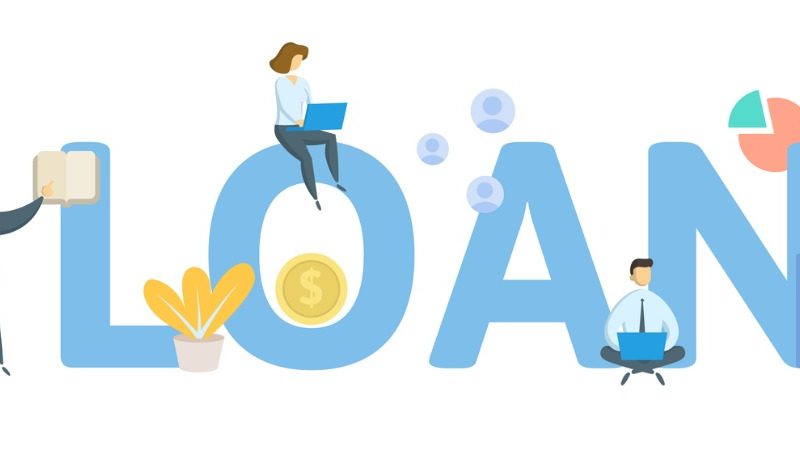Here are some of the best credit card strategies to help pay down your debt
If you’ve bitten off a little more credit card debt than you can chew, there are a number of tried and true credit card strategies you can use to whittle your debt down to nothing, or at least to more manageable levels.
First, we’ll look at some ways you can keep the debt from growing, and then we’ll look at how you can reduce it.
Credit card strategies to keep your debt from growing
The first step is to become more disciplined and stop racking up the debt. Here are ways you can do just that:
- Pay your bills on time. Avoid extravagant late-payment fees by paying the minimum amount due on each card every single month.
- Use cash instead. It can be tempting to make all your everyday purchases using your credit card with the idea that you’ll earn your rewards and then pay it off before the interest accrues. But the constant swiping can become addictive. By using cash and/or your transaction accounts instead, you make it more difficult for yourself to spend beyond your means.
- Close those accounts with zero balance. If you happen to pay off a balance earlier than expected, or if you have any cards currently sitting at zero, close them immediately.
Credit card strategies to pay off your debt once and for all
Now that you’ve stopped your debt’s upward trend, it’s time to learn ways to reverse it.
The snowball method
- The strategy: Use whatever disposable income you can afford to pay off your lowest-balance card as quickly as possible.
- The rationale: Wiping out an entire pile of debt is psychologically satisfying and will motivate you to wipe out the rest.
- Useful for: People who like quick wins.
- Not so useful for: Analytical types who would get anxious if they knew there was a higher-rate card they could be putting their money onto first.
The avalanche method
- The strategy: Avoid paying any more interest than necessary by paying off the card with the highest interest rate first.
- The rationale: This one is pretty straightforward. You’ll pay less in interest, and therefore pay your debts off sooner if you use your disposable income to squash your higher-rate cards first.
- Useful for: People who are psychologically driven by cold-hard facts rather than emotional feel-good tactics.
- Not so useful for: People who freak out when they don’t see their balances dwindling as fast as they could be.
The balance transfer method
- The strategy: Take out a brand new loan and use that to pay off your existing card(s). One way to do this is to take out a personal loan for cold-hard cash and use that to simply pay off all your existing credit card debt. Just be careful not to spend the money first. Another way is to apply for a credit card with a special balance transfer offer. The new card provider will pay off your existing credit card debt and the best of these will offer you a temporary interest-free period of anywhere from 6-36 months.
- The rationale: A new card may be able to lower ongoing interest rates, and possibly even an initial interest-free period. If you’re using it to pay off multiple small credit card debts, you’re less likely to forget a due date (and cop the resulting late fee) and you’ll have less paperwork to keep track of.
- Useful for: People who feel overwhelmed by multiple due dates, lots of paperwork, etc and people who are likely to be accepted for a new card/loan, such as those with a good credit score.
- Not so useful for: People who will be tempted to start making purchases on all those freshly paid-off cards or people who may not be eligible for a new loan, for example those with a poor credit score.
You can do it!
Credit card debt can feel overwhelming, but it doesn’t have to be. If you just take it one step at a time and put the right strategy in place, you’ll get your credit card debt under control in no time!
The information provided in this article is general in nature and does not constitute personal financial advice. It has been prepared without taking into account your personal objectives, financial situation or needs. Before making any decisions, it is important for you to consider your personal situation and seek appropriate tax, legal and other professional advice.
Credit Simple
Credit Simple gives all Kiwis free access to their credit score, as well as their detailed credit report. See how your credit score compares by age, gender and community and gain valuable insights into what it all means.
All stories by: Credit Simple

